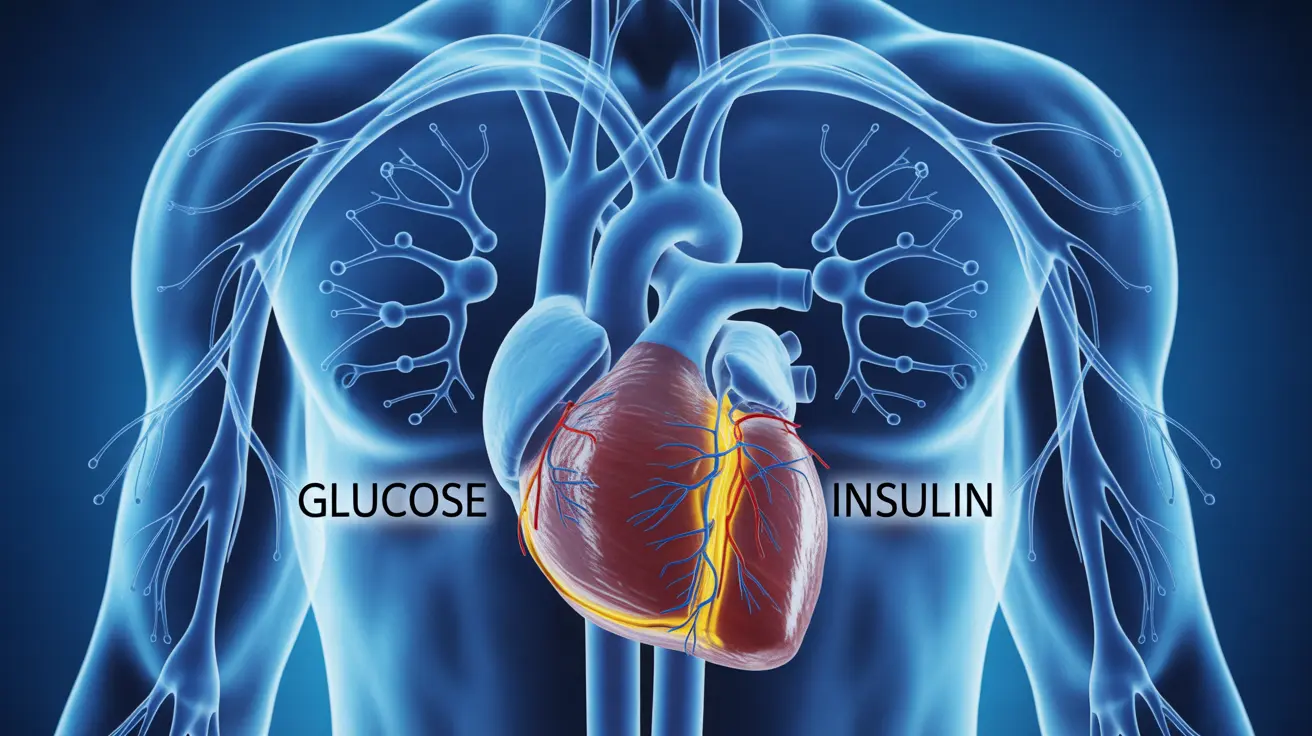Blood sugar dysregulation is a complex health condition that affects millions of people worldwide, impacting their daily lives and long-term health. When your body struggles to maintain proper blood glucose levels, it can lead to various symptoms and health complications that require careful attention and management.
Understanding the fundamentals of blood sugar dysregulation is crucial for both prevention and treatment. This comprehensive guide will explore the causes, symptoms, and effective management strategies to help you maintain healthy blood sugar levels.
Understanding Blood Sugar Dysregulation
Blood sugar dysregulation occurs when your body cannot properly maintain glucose levels within a healthy range. This condition can manifest as either high blood sugar (hyperglycemia) or low blood sugar (hypoglycemia), each with its own distinct set of challenges and health implications.
Common Causes of Blood Sugar Dysregulation
Several factors can contribute to blood sugar dysregulation:
- Insulin resistance
- Hormonal imbalances
- Poor dietary habits
- Certain medications
- Chronic stress
- Underlying medical conditions
- Genetic predisposition
Recognizing the Signs and Symptoms
Hyperglycemia Symptoms
High blood sugar levels typically present with the following symptoms:
- Increased thirst and frequent urination
- Fatigue and weakness
- Blurred vision
- Slow-healing wounds
- Unexplained weight loss
- Frequent infections
Hypoglycemia Symptoms
Low blood sugar often manifests through:
- Shakiness and trembling
- Sweating
- Anxiety and irritability
- Confusion
- Rapid heartbeat
- Hunger and food cravings
- In severe cases, loss of consciousness
Managing Blood Sugar Through Lifestyle Changes
Dietary Modifications
A balanced diet plays a crucial role in managing blood sugar levels. Focus on:
- Consuming complex carbohydrates
- Including lean proteins in meals
- Incorporating healthy fats
- Eating plenty of fiber-rich foods
- Maintaining regular meal times
- Monitoring portion sizes
Exercise and Physical Activity
Regular physical activity helps regulate blood sugar by improving insulin sensitivity and glucose utilization. Aim for:
- 150 minutes of moderate-intensity exercise weekly
- Strength training exercises 2-3 times per week
- Regular movement throughout the day
- Consistent exercise scheduling
Medical Management and Monitoring
Professional medical care often includes:
- Regular blood glucose monitoring
- Medication management when necessary
- Regular check-ups with healthcare providers
- Diabetes education and counseling
- Assessment of related health conditions
Frequently Asked Questions
What are the symptoms and causes of blood sugar dysregulation?
Blood sugar dysregulation can manifest through symptoms like fatigue, frequent urination, unexplained weight changes, and mood swings. Common causes include poor diet, lack of exercise, hormonal imbalances, stress, and underlying medical conditions like diabetes.
How can I manage blood sugar levels through diet and lifestyle changes?
Effective management includes maintaining a balanced diet rich in complex carbohydrates, lean proteins, and healthy fats, regular exercise, stress management, adequate sleep, and consistent meal timing. Working with a healthcare provider can help develop an individualized plan.
What are the differences between hyperglycemia and hypoglycemia in terms of symptoms and treatment?
Hyperglycemia (high blood sugar) typically causes increased thirst, frequent urination, and fatigue, while hypoglycemia (low blood sugar) leads to shakiness, sweating, and confusion. Treatment for hyperglycemia focuses on lowering blood sugar through medication and lifestyle changes, while hypoglycemia requires immediate glucose intake.
Is it possible to prevent blood sugar imbalances through exercise and nutrition?
Yes, regular exercise and proper nutrition can help prevent blood sugar imbalances. Consistent physical activity, balanced meals, weight management, and stress reduction all contribute to maintaining healthy blood sugar levels.
What are some common medications used to treat blood sugar dysregulation, and what are their side effects?
Common medications include metformin, sulfonylureas, and insulin. Side effects may include gastrointestinal issues, weight changes, and hypoglycemia. The specific medication and potential side effects should be discussed with a healthcare provider for personalized treatment.
Maintaining healthy blood sugar levels requires a comprehensive approach combining lifestyle modifications, proper medical care, and regular monitoring. Working closely with healthcare providers while implementing these strategies can help achieve optimal blood sugar control and overall health.




